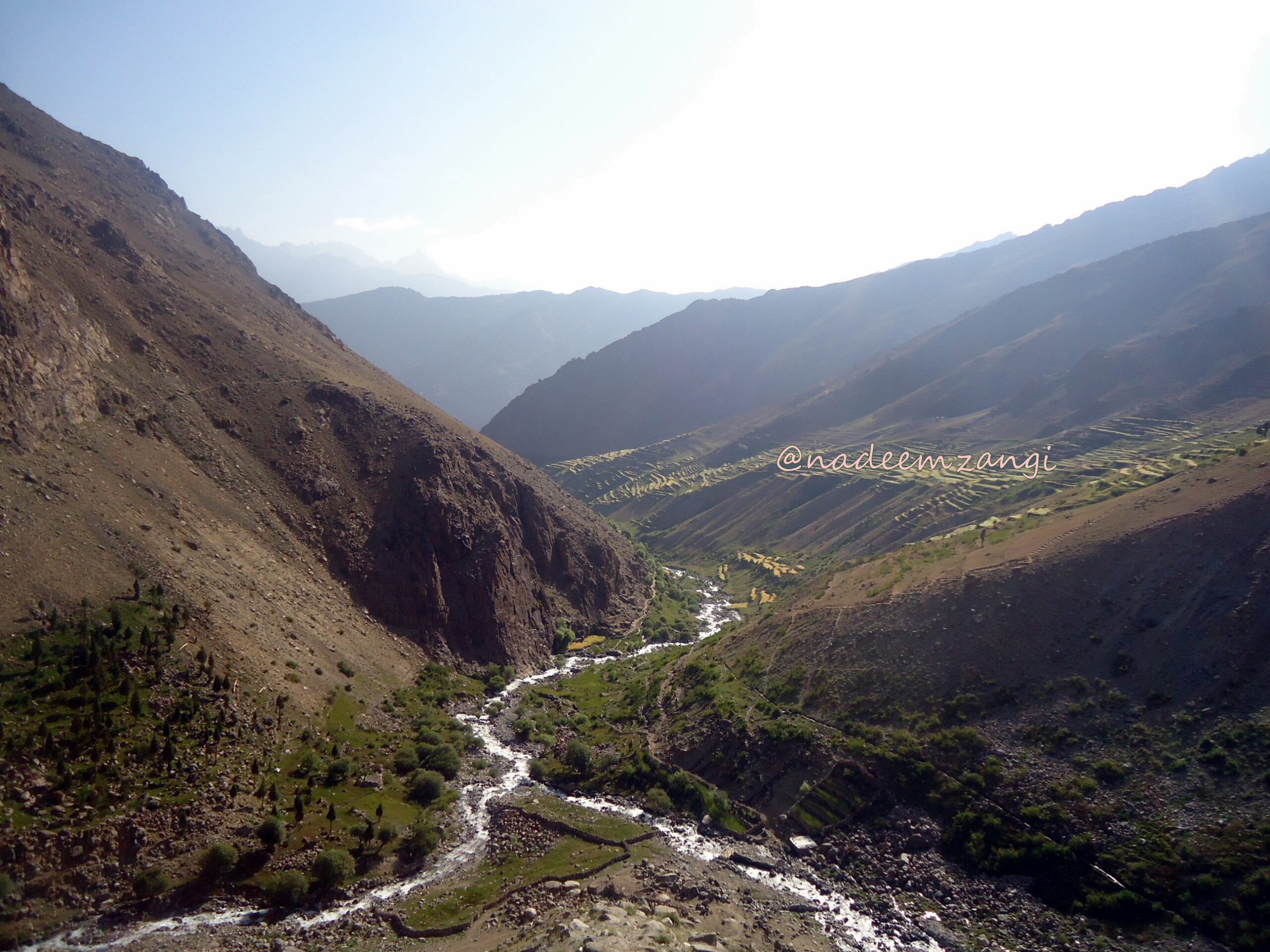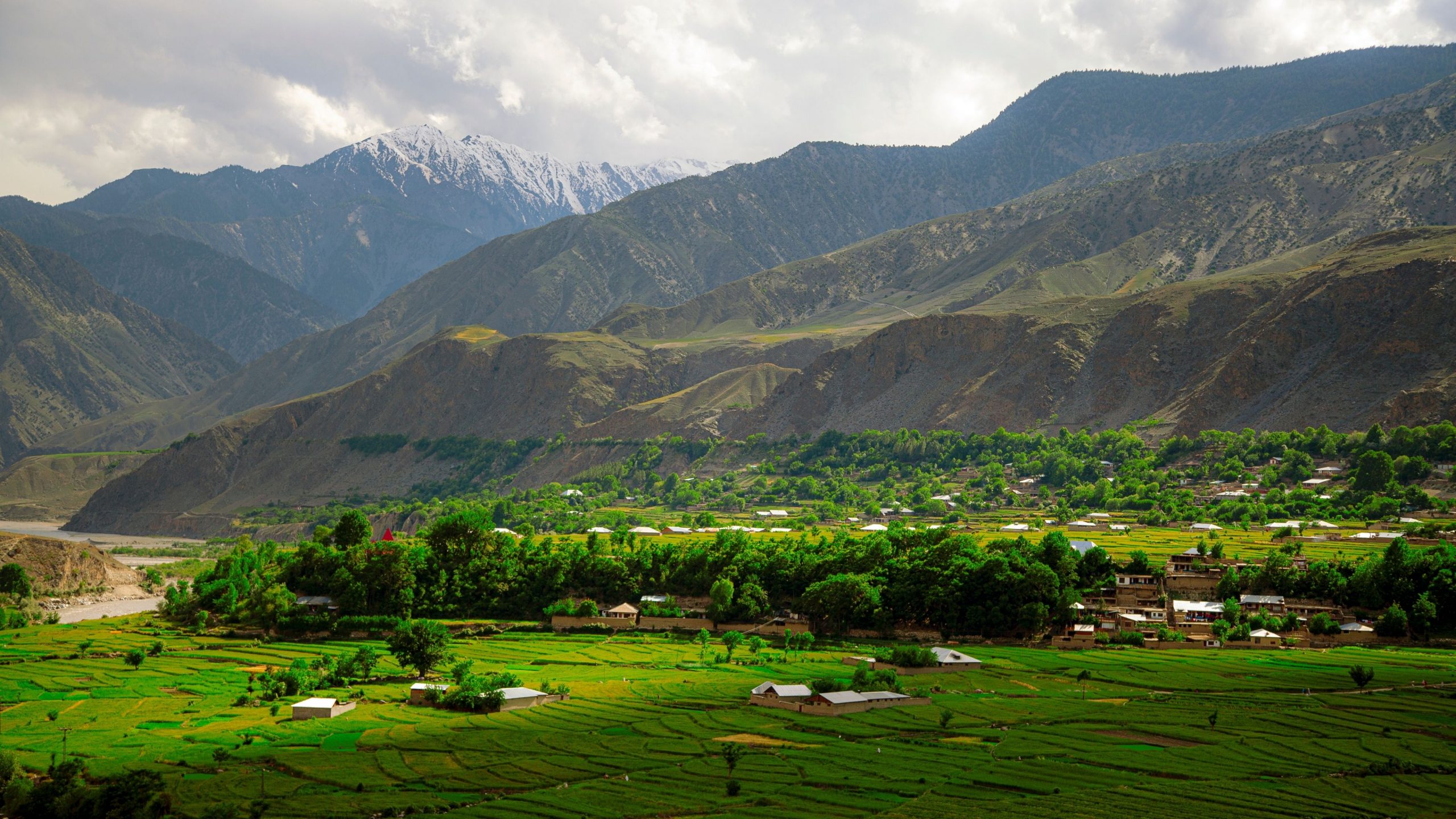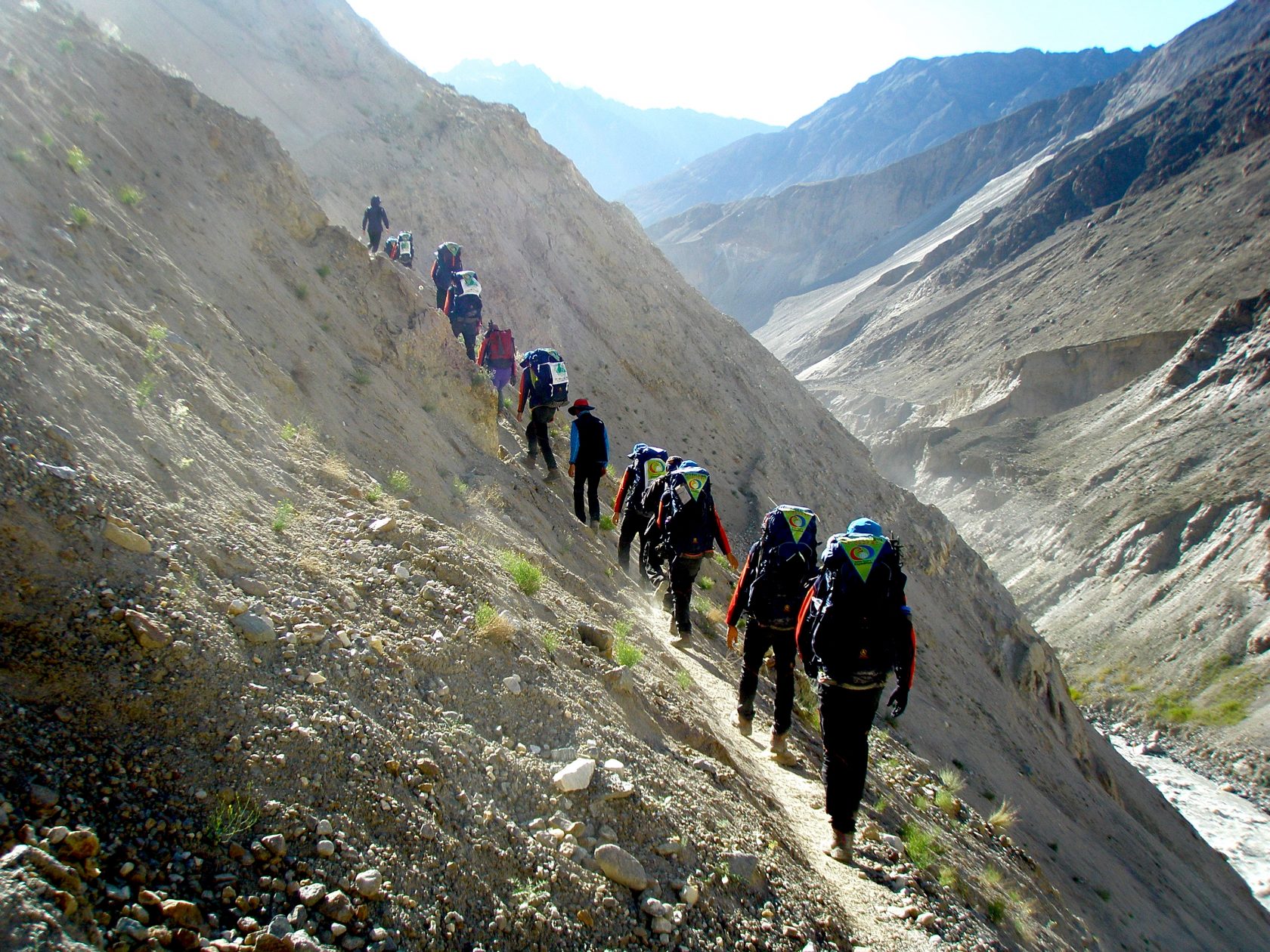- Resurgent Nation: Cutting-edge developments and vital South Africa business news illuminate a path toward economic leadership and global influence.
- The Resurgence of South African Mining
- Technological Advancements in Mining Operations
- Growth in the Renewable Energy Sector
- Challenges and Opportunities in Renewable Energy Infrastructure
- The Expanding Tech Sector and Startup Ecosystem
- The Role of Digital Infrastructure in Economic Development
- Agricultural Modernization and Food Security
Resurgent Nation: Cutting-edge developments and vital South Africa business news illuminate a path toward economic leadership and global influence.
South Africa stands at a pivotal juncture, experiencing a resurgence driven by innovative economic strategies and evolving global dynamics. Recent developments across various sectors paint a compelling picture of growth potential, attracting attention from international investors and business leaders alike. Understanding these shifts is crucial for anyone seeking to engage with the vibrant South African market, and gaining insight into the latest business news is paramount. A detailed examination of current trends reveals opportunities and challenges shaping the nation’s economic trajectory, solidifying its position as a key player on the African continent and beyond. This analysis will explore the overarching themes driving this renaissance, chart its course, and discuss its potential impacts.
The Resurgence of South African Mining
The mining sector, historically a cornerstone of the South African economy, is undergoing a period of revitalization. Driven by rising global demand for critical minerals – particularly those used in renewable energy technologies – South Africa is once again positioning itself as a major supplier. Increased investment in exploration and the modernization of existing infrastructure are key factors contributing to this upturn. The government’s efforts to streamline regulatory processes and foster a more predictable investment climate are also playing a significant role, encouraging both domestic and foreign companies to expand operations. This resurgence is not without its challenges, however, including addressing infrastructure deficits and ensuring sustainable mining practices.
| Platinum | 4,200,000 | 4,500,000 | 7.14% |
| Gold | 110,000 | 115,000 | 4.55% |
| Coal | 250,000,000 | 260,000,000 | 4.00% |
| Chromium | 3,200,000 | 3,300,000 | 3.13% |
Technological Advancements in Mining Operations
The modern South African mining industry is increasingly reliant on cutting-edge technology to improve efficiency, enhance safety, and minimize environmental impact. Automation, artificial intelligence, and the Internet of Things (IoT) are being deployed across various stages of the mining lifecycle, from exploration and extraction to processing and logistics. These technologies enable real-time monitoring of operations, predictive maintenance of equipment, and optimized resource allocation. Advanced data analytics are providing valuable insights into geological formations, helping to identify new deposits and improve resource recovery rates. This drive towards technological innovation is transforming the sector, making it more competitive and sustainable. These tools allow for safer working conditions, reduced operational costs, and more precise extraction processes, contributing to greater profitability and environmental responsibility.
Growth in the Renewable Energy Sector
South Africa is experiencing substantial growth in its renewable energy sector, driven by a commitment to reducing carbon emissions and diversifying its energy mix. The country possesses abundant solar and wind resources, making it ideally suited for large-scale renewable energy projects. Government initiatives, such as the Renewable Energy Independent Power Producer Procurement Programme (REIPPPP), have attracted significant private investment and fostered a competitive market. This expansion is not only contributing to a cleaner energy supply but also creating jobs and stimulating economic growth in rural areas. The transition to renewable energy represents a major opportunity for South Africa to become a regional leader in sustainable development.
- Solar Power: Significant investments in solar farms across multiple provinces.
- Wind Energy: Expanding wind farm capacity along the coastal regions.
- Hydro Power: Leveraging existing hydroelectric facilities and exploring potential for new development.
- Biomass: Utilizing agricultural waste for energy generation.
Challenges and Opportunities in Renewable Energy Infrastructure
Despite the significant progress, the deployment of renewable energy infrastructure in South Africa faces several challenges. These include the need for grid upgrades to accommodate intermittent power sources, addressing land-use conflicts, and ensuring a just transition for workers in the fossil fuel industry. Secure energy supply and the infrastructure is paramount. However, these challenges also present opportunities for innovation and investment. Smart grid technologies, energy storage solutions, and community-based renewable energy projects are emerging as key areas of focus. Furthermore, the development of a local supply chain for renewable energy components can create additional jobs and bolster the domestic manufacturing sector, fostering a truly sustainable and self-reliant energy system. Prioritizing skills development and training programs is crucial to ensure South Africans can fully participate in and benefit from this growing industry.
The Expanding Tech Sector and Startup Ecosystem
South Africa’s technology sector is rapidly expanding, fueled by a young and increasingly skilled workforce, growing internet penetration, and a thriving startup ecosystem. Cape Town and Johannesburg have emerged as major hubs for tech innovation, attracting entrepreneurs, investors, and venture capital firms. Fintech, e-commerce, and mobile technology are among the fastest-growing segments, addressing critical needs within the South African market and beyond. The government’s support for startups, through initiatives such as the Small Enterprise Development Agency (SEDA) and various incubator programs, is playing a vital role in fostering innovation and entrepreneurship.
- Fintech Solutions: Mobile payment platforms and alternative lending services are gaining traction.
- E-commerce Growth: Online retail is experiencing rapid expansion, driven by increasing internet access.
- Software Development: South Africa is becoming a hub for software engineering and outsourcing.
- Data Analytics: Demand for data scientists and analysts is increasing across various industries.
The Role of Digital Infrastructure in Economic Development
Reliable and affordable digital infrastructure is essential for supporting the growth of the tech sector and driving broader economic development in South Africa. Investment in broadband connectivity, particularly in rural areas, is crucial to bridging the digital divide and ensuring that all citizens can participate in the digital economy. Addressing the cost of data, improving cybersecurity, and promoting digital literacy are also key priorities. The roll-out of 5G networks promises to unlock new opportunities for innovation and economic growth, enabling advancements in areas such as smart cities, autonomous vehicles, and the Internet of Things. Government policies that encourage competition in the telecommunications market and facilitate investment in digital infrastructure are vital for creating a conducive environment for innovation and growth.
Agricultural Modernization and Food Security
Recognizing the importance of sustainable food production for economic stability, South Africa is investing in agricultural modernization and innovative farming techniques. Precision agriculture, utilizing data analytics and sensor technologies, is enabling farmers to optimize crop yields, conserve water resources, and reduce input costs. Government support for smallholder farmers, through access to finance, training, and market linkages, is crucial for enhancing food security and reducing poverty. Addressing the challenges of climate change and ensuring sustainable land management practices are also critical priorities. This holistic approach, combining technological innovation with social and environmental considerations, is essential for building a resilient and productive agricultural sector.
| Maize | 2.5 | 2.7 | 8.00% |
| Wheat | 2.0 | 2.1 | 5.00% |
| Sugarcane | 70 | 72 | 2.86% |
These dynamic developments across diverse sectors signify a turning point for South Africa. Strategic investments, coupled with a focus on technological advancement and sustainable practices, are laying the groundwork for long-term economic prosperity. The nation is demonstrating its capacity for resilience and adaptation, signaling a positive outlook for investors, entrepreneurs, and citizens alike. Continued progress will require sustained commitment to sound economic policies, inclusive growth, and a collaborative approach between government, the private sector, and civil society. South Africa’s unwavering spirit and potential for innovation are clearly defining its future.
























